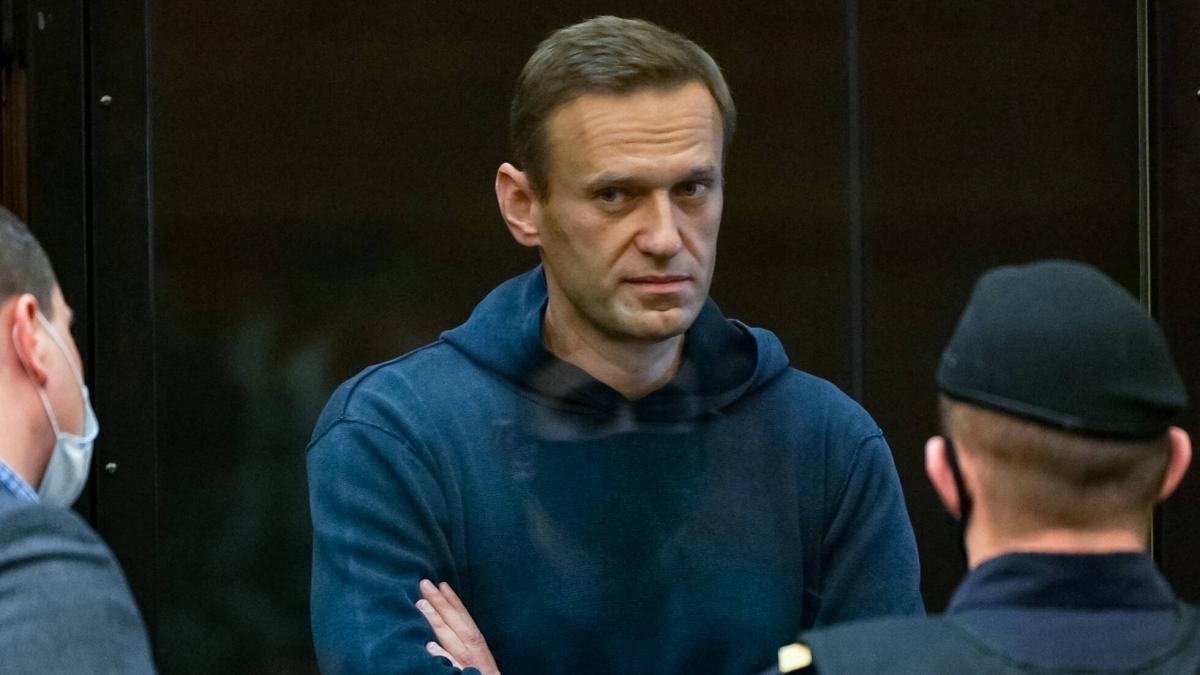Editorial|Editorial
The government gave the University of Helsinki the right to train masters and doctors of health sciences without the obligation to offer a bachelor’s degree in the field. The matter fell short of Minister Antti Kurvinen’s regional policy speeches, but it may be a step towards greater change.
Government On Thursday, the Minister of Science and Culture, Antti Kurvinen (Central), decided to expand the educational responsibilities of higher education institutions on Monday.
When the Ministry of Education and Culture issued its own decree on the same day, it was confirmed that six universities and nine polytechnics could start the new degree programs they applied for. For example, the University of Eastern Finland can start training graduate engineers as well as bachelors, licentiates and doctors of technology. The University of Helsinki, on the other hand, gained the long-desired right to train masters, licentiates and doctors in health sciences.
So there was good news for several provinces, which is why the center placed the decision under the regional elections. The allocation of new educational responsibilities is part of Kurvinen’s previous declaration on a change in the direction of university policy and an end to centralization (HS 8.11.).
The decentralization of the university network in a country the size of Finland should, in principle, be viewed critically, as it easily leads to a waste of resources and slows down the emergence of peaks. At the same time, it can be said that a sensible extension of educational responsibilities can at best be a smart regional and economic policy.
For example, the initiative for the new training responsibilities in the field of technology that the University of Eastern Finland and the University of Turku have now received came from companies in the region suffering from a shortage of experts. Graduate engineers usually find employment by staying in the company where they do their final work. Often these companies are close to the place of study.
However, under Kurvinen’s regional policy talks, there was a significant change in policy, which is included in the latest expansion of educational responsibilities. The University of Helsinki now has the right to train masters, licentiates and doctors in health sciences, but not candidates. In the past, the strict line has been that a university cannot train masters without training candidates in the same field.
This the change in the system of liability for education than in passing is not practically big. It facilitates the opportunity for nurses, midwives and nurses who have completed a polytechnic degree, especially in Uusimaa, to continue their studies and progress to become a nurse, for example.
In principle, however, reform is significant, as it can be a step towards greater change. There may be a loosening of the so-called dual model and the development of new ways to complete a higher education degree.
The dual model refers to the diversity and parallelism of polytechnics and universities. Now the model is under new pressure, when in Tampere, for example, the university and the university of applied sciences belong to the same group. In the past, some universities have had a desire to focus only on postgraduate degrees, at least in some areas. Others fear this will lead to two castes.
Underlying the various reform considerations is also the ambitious goal that by 2030 at least 50% of young adults will have a university degree. At the same time, young people would like to enter the labor market faster.
Ollaan thus on the verge of major structural issues. Still, there is an acute task.
There is a lot of uncertainty and concern, especially in universities. Although politicians are movingly unanimous about the importance of research, development and innovation, research funding channeled through the Academy of Finland threatens to decline. And as a by-product of the SOTE reform, research funding for university hospitals is at risk (HS 7.1.).
Hopefully, the Minister of Science will also have enough energy on these big issues now that the expansion of educational responsibilities has been accelerated.
The editorials are HS’s statements on a topical issue. The writings are prepared by HS’s editorial staff and reflect the magazine principle.
.
#Editorial #higher #education #big #fundamental #change #unnoticed





